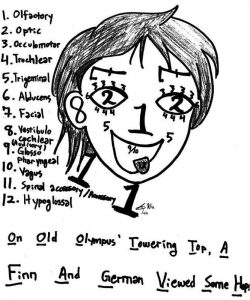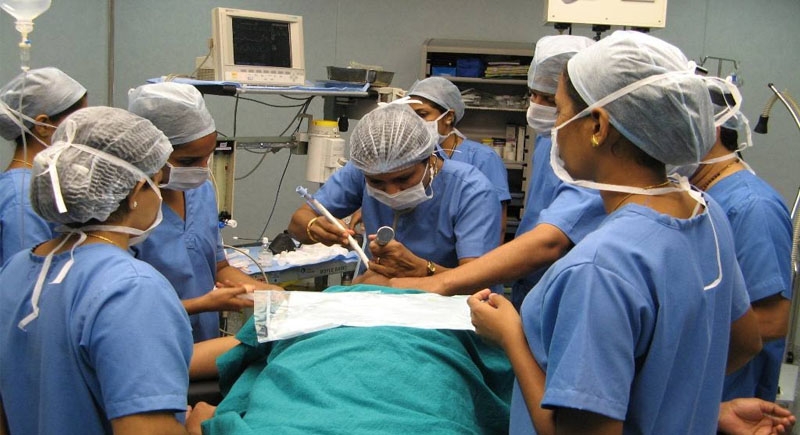

1,10–14These negative findings may be attributable to various methodological limitations, such as small sample sizes, lack of a formally constructed control group, using memory tasks with only limited validation, and testing for the more complex conceptual priming rather than perceptual priming.

5–9Nevertheless, published pediatric studies have detected no or only weak evidence for implicit memory formation during anesthesia. 3,4It is perhaps also pertinent that there is an increasing evidence that explicit memory formation during anesthesia (awareness) is greater in children than in adults. It is plausible that implicit memories are formed in children during anesthesia as compared with explicit or consciously recalled memory, and implicit memory emerges early in life and is thought to be developmentally stable from the age of 3. 2In contrast, it is less clear whether children can form implicit memories during anesthesia. 1There is evidence for the formation of implicit memory during anesthesia in adults. Although the relevance of implicit memory during anesthesia is unclear, it has been suggested that it may contribute to problematic behavior after anesthesia.

IMPLICIT memories are memories that cannot be consciously recalled but can still have an influence on feelings, thoughts, and behavior.


 0 kommentar(er)
0 kommentar(er)
